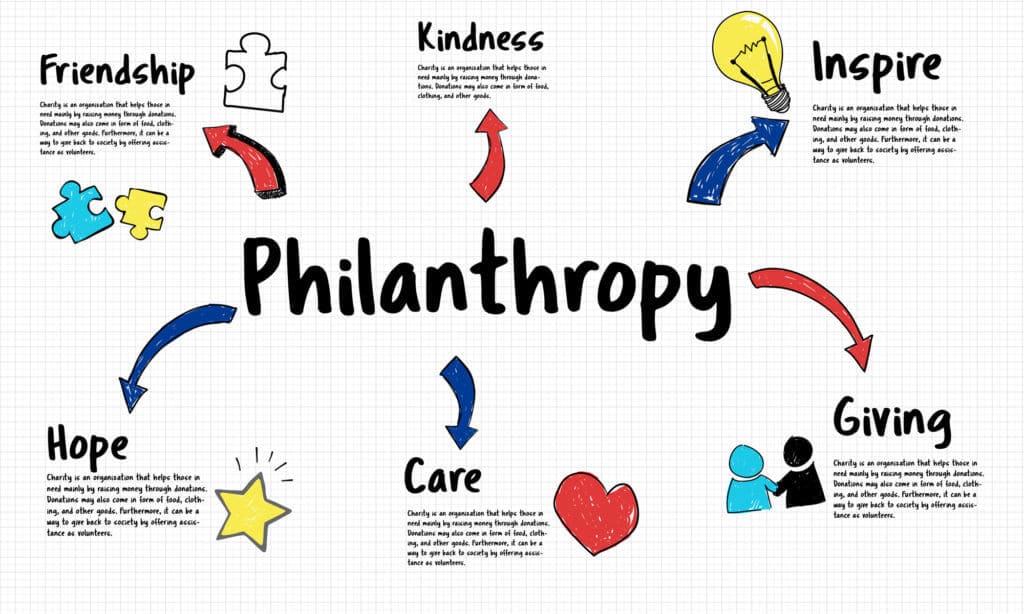Bruce DeBoskey published an interesting book review in the Dec 15, 2017, edition of WealthManagement.com Morning Memo. Mr. DeBoskey found Sharna Goldseker and Michael Moody’s book Generation Impact: How Next Gen Donors Are Revolutionizing Giving (2017), timely and thought-provoking. He noted that we’re currently engaged in the largest wealth transfer in history. Over 50 years, between 2007 and 2061, an estimated $59 trillion will pass from older to younger generations. In addition, many wealthy millennials, like Mark Zuckerberg and his peers, are generating their own substantial wealth. Many prognosticators believe up to half of this wealth will be donated to charitable causes. The authors explain the powerful ways in which the next generation of philanthropists will use their inherited and earned wealth to impact issues and causes, nonprofits and themselves—with a new and distinct approach to philanthropy. The authors think this will create a new “golden age of giving.”
Important Findings
- Recognizing the urgency of today’s social and environmental challenges, next-gen donors are unwilling to wait until their hair turns gray to become philanthropists; rather, they’re giving what they can and getting engaged—now.
- Next-gen donors want to be personally connected with the missions of the charities they support, supporting organizations not only with their money but also by rolling up their sleeves and offering their expertise to help with the work.
- As the most-networked generation in history, donors in their 20s and 30s want to integrate their valuable networks with their philanthropic endeavors. They want to contribute their time, treasure, talent and ties to make a difference.
- New donors will go beyond grants to deploy innovative approaches to philanthropy. They will expand the use of program-related investments; impact investing; crowdfunding; giving collaboratives; social enterprises; and advocacy, policy and movement giving.
- These donors will continue to press businesses to become more socially and environmentally responsible. They’ll invest their assets accordingly.
- Next-gen philanthropists respect the charitable commitment of their elders and want to be good stewards of their family’s legacy. They want to learn from them, work alongside them and continue to focus on a wide range of key issues, including the elimination of poverty and homelessness, improvement of educational opportunities and access to food. As a group, however, the next generation of givers will focus more on civil rights, advocacy groups, and environmental issues. They’ll focus less on religious and arts organizations and traditional big-box charity aggregators like United Way
The authors observed: “Making a tangible difference is their top philanthropic focus. They want an Impact Revolution. They want to reshape philanthropy in ways they believe can finally lead to meaningful progress on our toughest challenges.”



